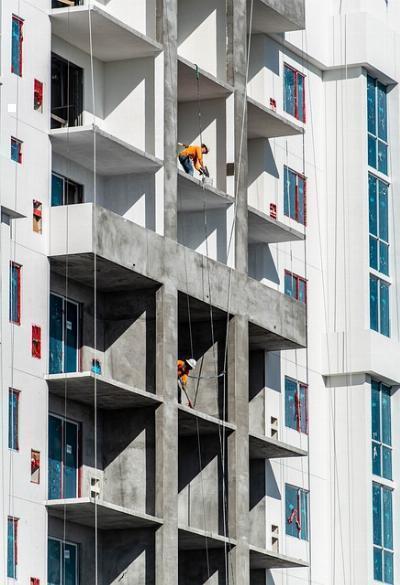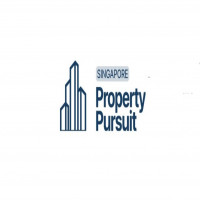Understanding Freehold vs Leasehold Properties in Singapore

Strong 8k brings an ultra-HD IPTV experience to your living room and your pocket.
Navigating the property market in Singapore can be a complex task, especially when it comes to understanding the differences between freehold and leasehold properties. This guide aims to shed light on these two types of property ownership, helping you make an informed decision.
What is Freehold Property?
Freehold property ownership means that you own the property and the land it's built on indefinitely. This type of ownership is often seen as more prestigious and valuable due to its perpetual nature. In Singapore, freehold properties are highly sought after, particularly because of their scarcity and the long-term stability they offer.
Advantages of Freehold Property
Permanent Ownership: One of the main benefits of owning a freehold property in Singapore is that you own it forever. This can be particularly appealing if you plan to pass the property down through generations, ensuring a lasting legacy for your family.
Higher Resale Value: Freehold properties tend to have a higher resale value compared to leasehold properties. This is due to their perpetual ownership and the sense of stability they provide. Investors often prefer freehold properties in Singapore because they can retain their value over time and are less affected by market fluctuations.
No Lease Renewal: You don't have to worry about renewing a lease every few decades, which can be a cumbersome and costly process. This adds a layer of convenience and peace of mind for owners of freehold property in Singapore.
Investment Security: Owning a freehold property in Singapore provides a greater sense of security for investors, knowing that their investment will not diminish over time due to lease expiry. This makes freehold properties a safer bet for long-term investment.
Disadvantages of Freehold Property
Higher Cost: The initial cost of purchasing a freehold property is generally higher than that of leasehold properties. This can be a significant barrier for some buyers, particularly first-time homeowners or those with a limited budget.
Limited Availability: Freehold properties are less common in Singapore, making them harder to find and potentially limiting your options. The scarcity of freehold property in Singapore means that buyers might have to compromise on other factors such as location or property size.
Market Volatility: While generally more stable, the high value of freehold properties can make them susceptible to market volatility. Economic downturns or changes in property market conditions can have a more pronounced impact on high-value properties.
What is Leasehold Property?
Leasehold property ownership means that you own the property for a specific period, usually 99 or 999 years. After the lease period expires, ownership of the property reverts back to the state. Leasehold properties are more common in Singapore and offer a different set of advantages and disadvantages.
Advantages of Leasehold Property
Lower Initial Cost: Leasehold properties are generally more affordable compared to freehold properties, making them a more accessible option for many buyers. This affordability can be particularly attractive for younger buyers or those looking to enter the property market without a substantial financial outlay.
More Options: There is a wider range of leasehold properties available in Singapore, giving you more choices in terms of location, size, and type. Whether you’re looking for a luxury condo in the city center or a spacious apartment in the suburbs, leasehold options abound.
Potential for Development: Leasehold properties are often located in areas with ongoing or planned development projects. This can mean potential for future appreciation in value if the surrounding area undergoes significant improvements or becomes more desirable.
Disadvantages of Leasehold Property
Finite Ownership: The most significant downside is that your ownership is limited to the lease period. Once it expires, the ownership reverts to the state unless the lease is renewed. This can create uncertainty and affect long-term planning.
Depreciation: Leasehold properties tend to depreciate in value as the lease period shortens, which can affect your investment over time. As the lease approaches its end, the property’s market value can decrease significantly.
Renewal Costs: Renewing a lease can be expensive, and there's no guarantee that the renewal will be approved. This can add an element of financial risk for leasehold property owners.
Conclusion
Choosing between freehold and leasehold properties in Singapore depends on your long-term goals, financial situation, and personal preferences. If perpetual ownership and higher resale value are important to you, a freehold property in Singapore may be the right choice. However, if affordability and variety are your priorities, a leasehold property could be more suitable.
If you're still unsure which option is best for you, consider consulting with a property expert who can provide personalized advice based on your unique circumstances. By understanding the key differences between freehold and leasehold properties, you can make a well-informed decision that aligns with your investment strategy and lifestyle goals.
Note: IndiBlogHub features both user-submitted and editorial content. We do not verify third-party contributions. Read our Disclaimer and Privacy Policyfor details.


